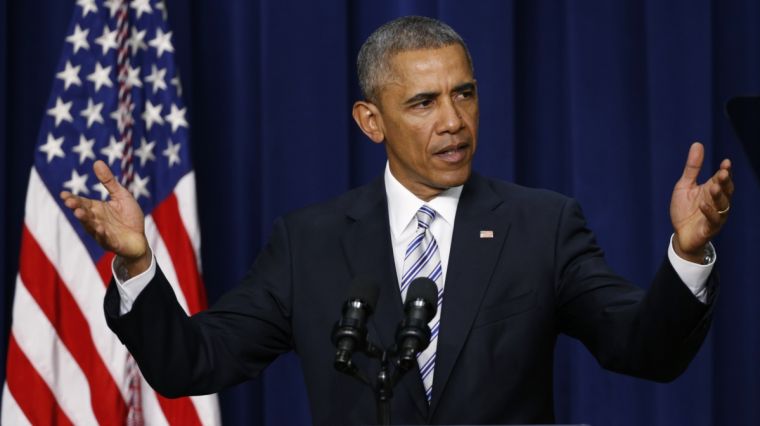When people can't admit their faith is complicit in violence

Some religious people do not find it easy to acknowledge that their faith could be complicit in violence, according to a leading expert in the field of interfaith dialogue.
Dr Clare Amos, of the World Council of Churches, told a symposium on Religion, Violence and Extremism that it is important to remember that "religions don't have human rights, it is human beings that do".
She said some leaders of religious minorities, particularly in the Middle East, "may be more interested in the rights of the religious community they lead, to exist and carry out its official religious practices, than they are in the rights of particular individuals to profess any religious faith – or none".
She conceded that some people found it hard to accept aspects of their faith tradition.
Amos said: "There is a tendency to try and protect the religion itself from such an accusation by suggesting that those who commit acts of violence are not really authentic representatives of that particular faith tradition."
The event was run at the United Nations in New York by the World Council of Churches with the church and society board of the United Methodist Church and the Seventh-Day Adventists. The Network for Religious and Traditional Peacemakers was among the sponsors.
More than 130 delegates examined issues of violence, religion and where they crossed over.
Rudelmar Bueno de Faria, head of the WCC UN liaison office in New York, said: "Many participants emphasised the need to take into account the root causes of violence as a way of addressing the problem: economic and social issues, aspects related to marginalisation and exclusion, but also elements related to corruption and impunity."
He added: "We need to have a perspective of hope as opposite to fear."
Papers containing the main speeches are expected to be published soon.











